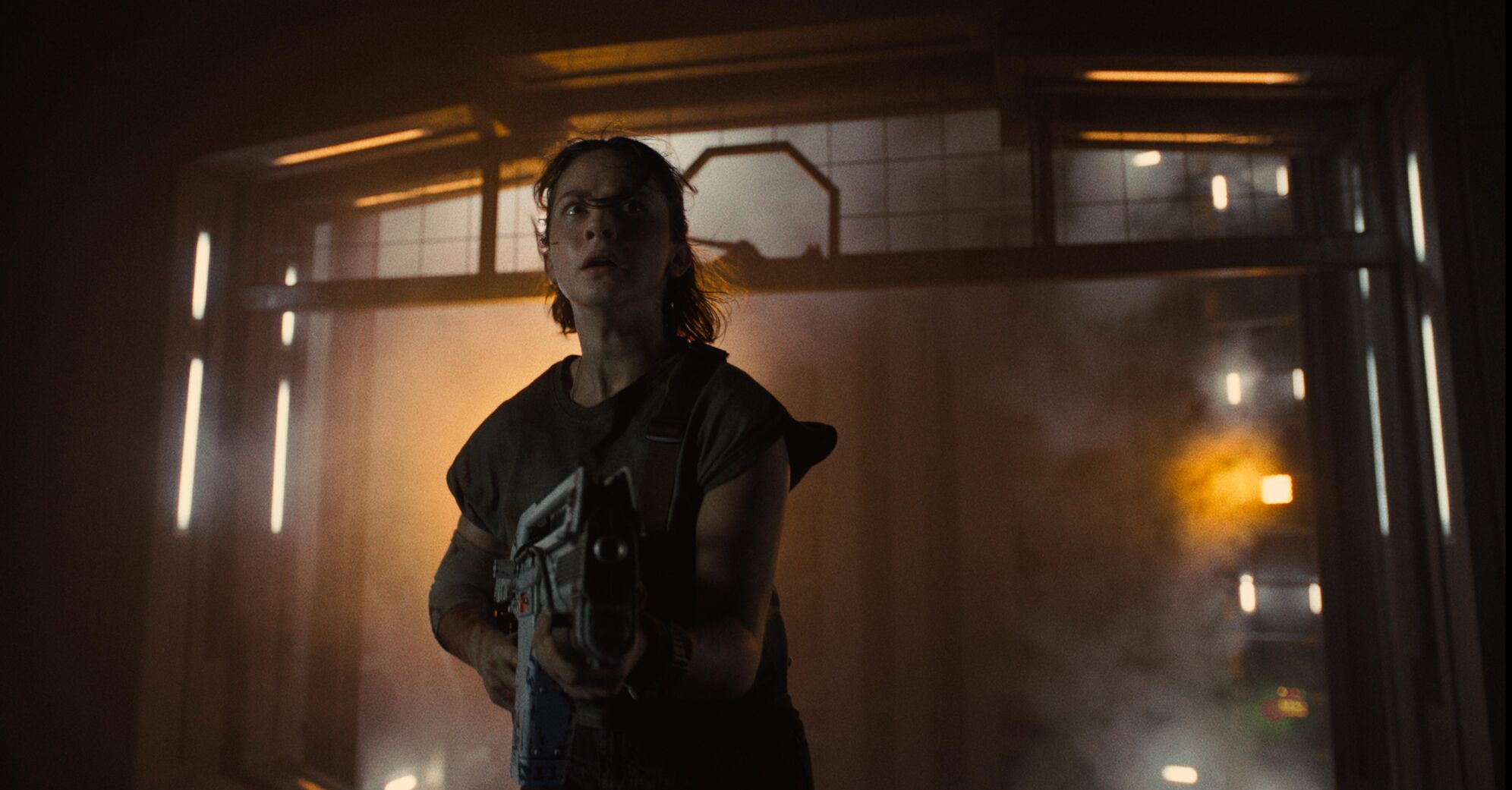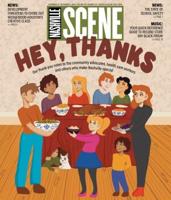Rain Carradine (Cailee Spaeny, whom you might remember as Priscilla Presley in last year’s Priscilla), the 22nd-century equivalent of a coal miner’s daughter, has been laboring on a backwater Weyland-Yutani mining colony for more than 12,000 hours as an adult. And that's not counting the years she spent watching her parents labor, sicken and die for an arbitrary and exploitative offworld hierarchy that tends to run its employees into the ground. With Alien: Romulus, we're definitely in the universe of the original quartet of Alien films, where the true monstrosity is corporate structure.
When confronted with an existentially unfair system, who could blame Rain for taking her brother Andy (David Jonsson, who gets the only real character in the whole film, but with some bouts of very troubling optics that I’m not qualified to get into) — a decommissioned android her late father reprogrammed to help look after her, even though it seems like she’s looking after him most of the time — and embarking on a scheme with some friends who likewise want to attain some social mobility. It just involves salvaging some hypersleep pods from the derelict ship that just happens to be passing through the upper atmosphere ...
On the whole, Romulus feels like The Force Awakens for the Alien series. It understands the assignment, it knows certain obligatory beats that are demanded by both the setup and the nature of this kind of storytelling, and it’s going to try to find a way to serve the audience an extraterrestrial banquet where the dishes are a mystery — even though we know all the ingredients going in. Fan service is mostly kept to sound effects and visual aesthetic, which is fine, with two really inescapable and unfortunately notable exceptions. One is brief, shameless and easy to process. The other is a giant tripwire that really does threaten to capsize the whole film — if you thought the shockingly empty Deadpool and Wolverine made some messy choices, buckle up. It never fully does completely tip this boat, thankfully, but it also never hits the glorious heights of the first half-hour again. When audiences speak of this film, there is no doubt whatsoever that this is going to be its most controversial aspect.
Fede Alvarez is back at again, following up his 2013 remake of Evil Dead with another attempt at shredding the nerves of viewers, this time es…
But here’s the thing. In the first 15 seconds of the film, something so unexpectedly exciting happened that I almost wanted to cheer. It’s not a subtle choice, but it's one that from the jump indicates a willingness to draw from a more expansive palette than advance word has led us to believe (something the film does several times, to all manner of effect). Having been conflicted about director/co-writer Fede Álvarez’s previous films (the messy 2014 Evil Dead remake, the utterly vile Don’t Breathe), I must extend respect for how strong this beast kicks off. The design uses miniatures and models and immerses in the visual space of the 1979 original (and also the exceptional 2014 video game Alien: Isolation), and its first half-hour simply wipes the floor with most of the high-profile mainstream studio sci-fi we usually get. It’s the beginning of a film that sows weird seeds and promises something more than just a fill-in-the-blanks pastiche.
But even when it does become a fill-in-the-blanks pastiche (high-powered weaponry, pregnancy horror, nonconsensual genetic skullduggery, Altmanesque muttering), this is still an enjoyable experience that will occasionally find a way to do something we’ve never seen in this universe before. (Two words: zero gravity.) Real talk: As it comes between Ridley Scott’s Alien and Jim Cameron’s Aliens chronologically, there are some difficult questions to be asked about where this whole tangent can even go. And that is a big problem with Alien: Romulus — when you start to approach it analytically, edges begin to unravel, and you start wondering where the moments that resolve sequences have disappeared to. Of the other six films in the series, it sits comfortably alongside 1997’s Alien: Resurrection (a film that actually predicted and typified the current trend of legacy sequels decades in advance) as an example of a messy and sometimes innovative play session in the universe’s sandbox.
But that doesn’t really get across how good that first reel-and-a-half is. This is a film that takes some time out for wonder and awe. With the exception of Andy, none of the characters really registers (and they don’t really seem like they’ve been written to do so), but there are dozens of images and moments that find a beauty in this universe that we’ve never really gotten a chance to luxuriate in before. And you’ll know in the first 15 seconds if it’s right for you. It’s gory and gutsy and has moments of pure transcendence deep in its recombinant pageantry.






